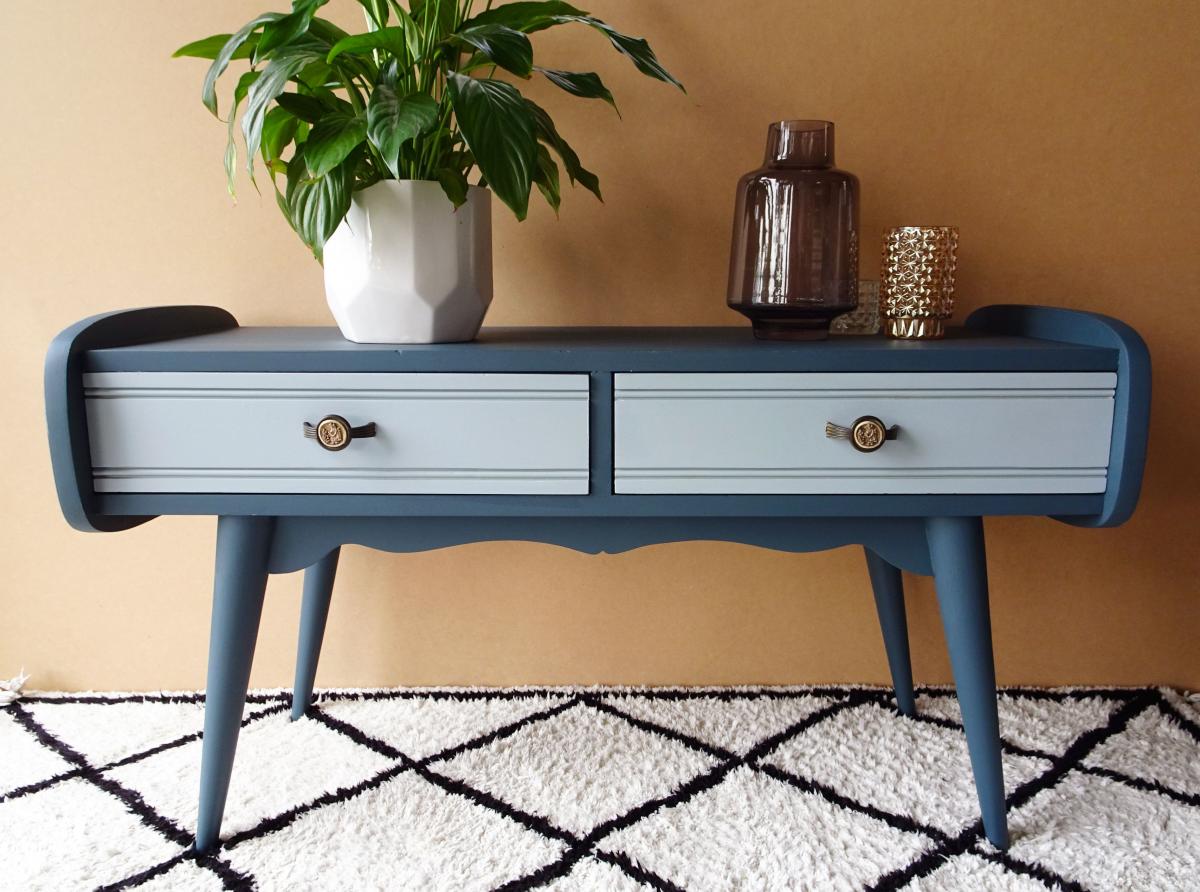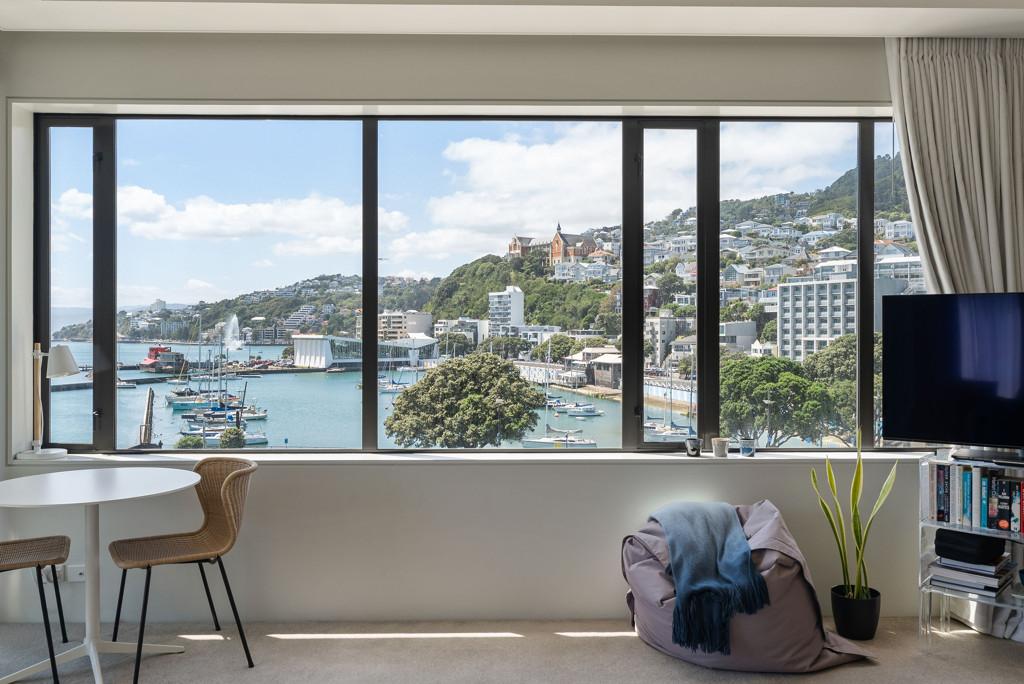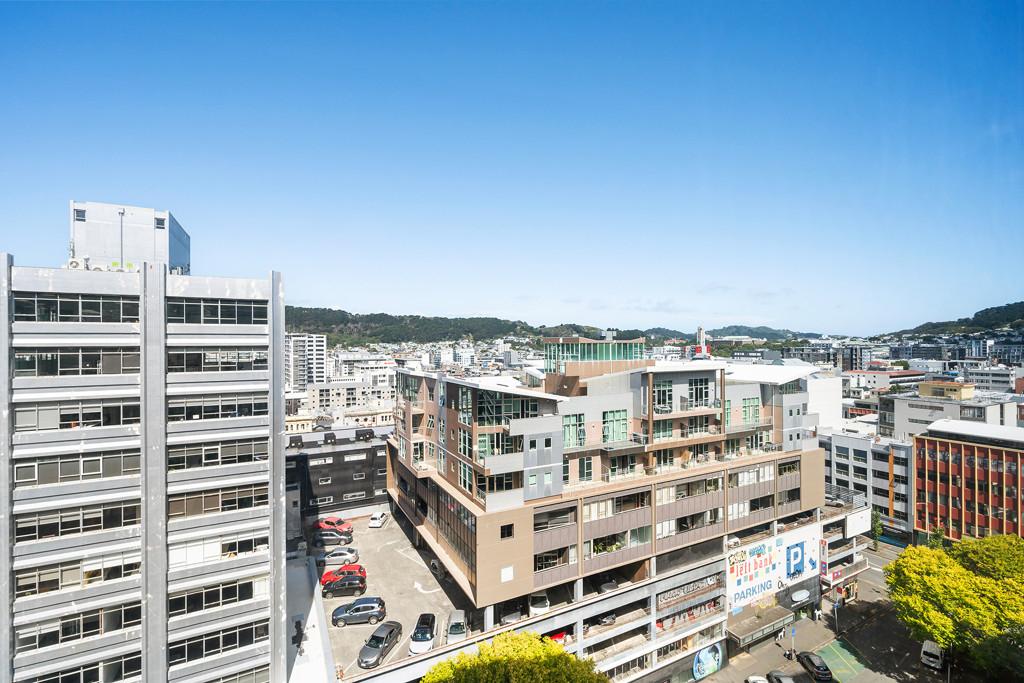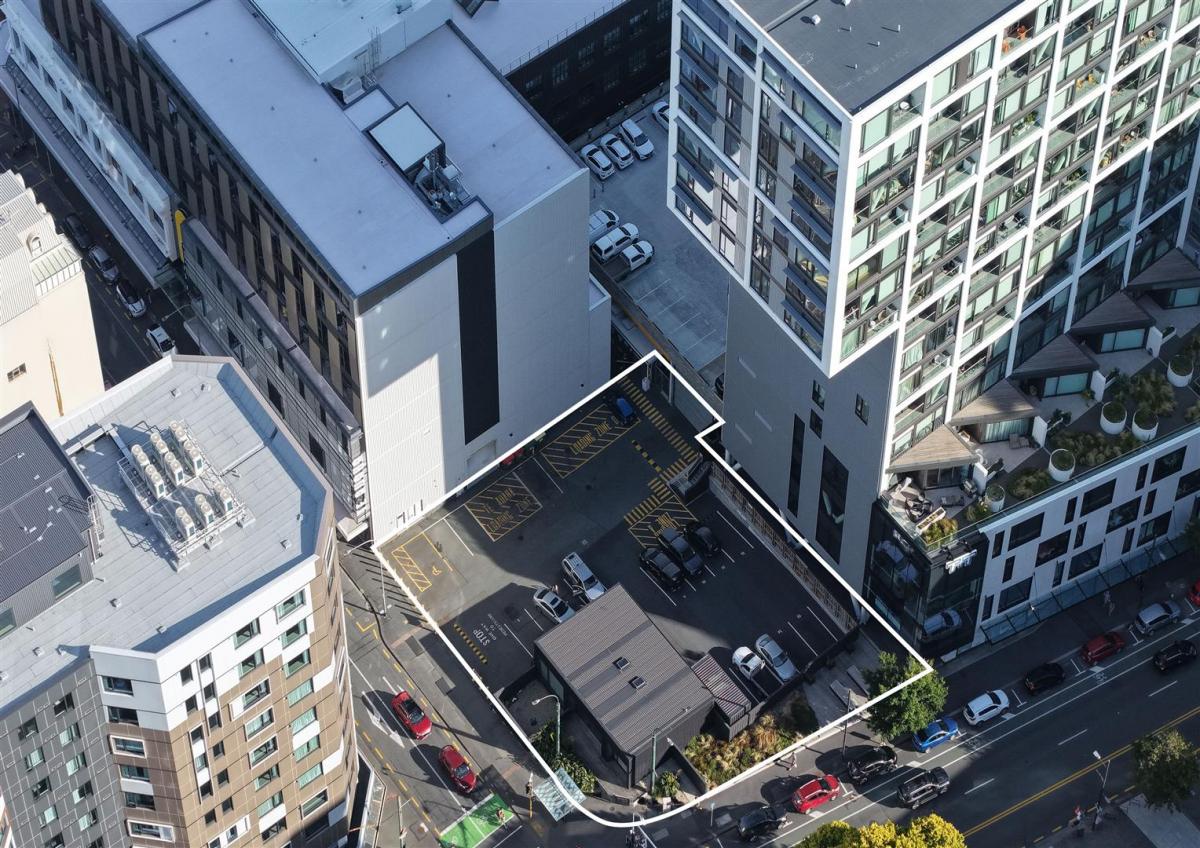
Know what’s happening
Access the private noticeboard for verified neighbours near you. Keep informed about any suspicious activity, send urgent updates to your neighbours when required and discuss emergency planning.
Get to know your neighbours
Browse the directory and start getting to know your neighbours. Don’t want to post to the whole neighbourhood? Send a private message.
Buy, sell and give away
Want to declutter your garage? Buy some used household items? Give away some garden stuff? Become a verified neighbour to browse and post items for sale. Trading is simple when everyone lives nearby.


Nearby
Crofton Downs, Khandallah, Makara, Northland, Thorndon, Wilton, Makara Beach, Karori, Wellington Central, Kaiwharawhara, Ngaio
Thank you for using Neighbourly
You may receive an email confirmation for any offer you selected. The associated companies will contact you directly to activate your requests.
Inge from Karori
Have you caught yourself out thinking you could be happier?! But you haven't had the time to do anything about it? Are you on that daily, busy, stressful treadmill and have lost yourself somewhere along the way? Many women feel the same and it's exciting to bring the Happiness Project to … View moreHave you caught yourself out thinking you could be happier?! But you haven't had the time to do anything about it? Are you on that daily, busy, stressful treadmill and have lost yourself somewhere along the way? Many women feel the same and it's exciting to bring the Happiness Project to Wellington. It is designed so that you can step into happiness without the overwhelm, a simple, practical approach to happy, with other positive women. Join us for the November course, five sessions to regroup, learn happiness practices and support others in their happiness journey. 12 places available, individuals and small groups welcome. Check out the details at www.thehappyway.net... to register, or go to eventfinda to purchase your ticket and secure your place.

The Team from Wadestown Toy Library
Come trick or treat at Wadestown Toy Library!

The Team from Wadestown Toy Library
Give your child the best birthday party ever!
$25 for members
$50 for non-members
Can be used indoors and outdoors. Very easy to put up!Dimensions approx 3m L, 2.2m W, 1.8m H.
Please email wadestowntoylibrary@gmail.com with date, name and phone number to book.

Why not treat yourself to a bloke’s day out for a grooming WOF? Just be wary of the barbershop – between the bay rum oil, hot towels, banter, and leather chairs, you won’t want to leave!
Bevis, a resident at Ryman’s Anthony Wilding Village, recently received a gentleman’s makeover. The… View moreWhy not treat yourself to a bloke’s day out for a grooming WOF? Just be wary of the barbershop – between the bay rum oil, hot towels, banter, and leather chairs, you won’t want to leave!
Bevis, a resident at Ryman’s Anthony Wilding Village, recently received a gentleman’s makeover. The day began at the barbershop where Bevis and his barber Kohl shared plenty of laughs. Next up, a personal stylist helped Bevis select clothes he looked and felt great in. Being pampered isn’t the norm for Bevis but based on his smile, we’re confident he loved every minute.
Learn more

Reporter Community News
It has great views of Wellington but it need a little TLC. Wellington's air traffic control tower is for sale and could make a great home for somebody.
Check out our video to see what your money could buy.
Mei Leng Wong Reporter from NZ Gardener & Get Growing
In this week’s issue we invite you to Hawke's Bay’s Wildflower Sculpture Festival. It’s also time to harvest broad beans, sow carrots, protect your strawberries from birds, water seedlings gently, and get lawns ready for summer.
Check out our courgette variety guide and growing tips … View moreIn this week’s issue we invite you to Hawke's Bay’s Wildflower Sculpture Festival. It’s also time to harvest broad beans, sow carrots, protect your strawberries from birds, water seedlings gently, and get lawns ready for summer.
Check out our courgette variety guide and growing tips plus go in the draw for spring vege packs from Tui and ‘Blue Star’ ferns from Gellert’s.
Delivered every Friday to your email inbox, Get Growing digital magazine offers seasonal gardening advice from the NZ Gardener magazine's team of experts. Each week we answer all your burning questions on raising fruit and veges and tell you the top tasks to do in your backyard this weekend. Subscribe here:

The Team from Resene ColorShop Thorndon
Brighten up an old piece of furniture with fresh colours to suit your new colour scheme. Add an intriguing design on the inside of the drawers for a bonus surprise when you open them.
Make the most of this weekend with this easy step by step project idea from Resene. Find out how you to update … View moreBrighten up an old piece of furniture with fresh colours to suit your new colour scheme. Add an intriguing design on the inside of the drawers for a bonus surprise when you open them.
Make the most of this weekend with this easy step by step project idea from Resene. Find out how you to update your furniture

Reporter Community News
In the lead up to the 2020 election, Stuff is keeping voters up to date with what’s happening in their electorate, through Neighbourly. Here’s what you need to know about the candidates in the running to be Ōhāriu MP.
At the October 17 election, New Zealanders will have the opportunity to … View moreIn the lead up to the 2020 election, Stuff is keeping voters up to date with what’s happening in their electorate, through Neighbourly. Here’s what you need to know about the candidates in the running to be Ōhāriu MP.
At the October 17 election, New Zealanders will have the opportunity to choose their regional spokesperson.
Through the Mixed Member Proportional (MMP) voting system, those enrolled can vote for the party they want as well as a local representative.

Robert Anderson from
From a dog’s point of view, blinds are just an obstacle keeping them from the window. When there’s a something outside, the blinds just become a casualty of the resulting frenzy to get out there. Keep blinds raised part-way to allow your pup to see out and avoid wreckage. Avoid this issue by … View moreFrom a dog’s point of view, blinds are just an obstacle keeping them from the window. When there’s a something outside, the blinds just become a casualty of the resulting frenzy to get out there. Keep blinds raised part-way to allow your pup to see out and avoid wreckage. Avoid this issue by teaching your dog to stay calm in exciting situations.
Many dogs, especially as puppies, will chew on anything in sight. If your blinds have become your pets teething stick, it’s because he doesn’t have anything else to chew on. Deter dogs from gnawing on blinds by spraying slats with sour apple spray (available at pet stores). It smells and tastes terrible to dogs but is neutral to humans.
When you’re away from home, keep your dog in a safe room and give them special toys that are otherwise hidden away. Treat-filled toys and meat flavoured bones are especially appealing. With these toys to keep them preoccupied, they won’t think twice about the blinds.
Dogs can be like children; they have a lot of energy and it will find a way out whether you provide it or not. With this in mind, give your dog an opportunity to tire themselves out and your home might not become a race track.
What are the pet-friendliest window dressings?
Try vertical blinds. Furry friends can nudge slats out of the way to see out the window and they’ll fall back into place afterwards. If pets chew on blind slats, you can order individual replacements instead of getting a whole new set. If pet hair and grime are a problem, just wipe them clean with soap and water.
Venetian blinds have wide enough openings between slats for curious pets who just want to see out. But if you have a dog with a chewing problem, slats can be vulnerable to damage.
Roller shades are good window treatments for peeking pets. Animals can easily slip behind without damaging the shade and they’re easy to clean.
Try to avoid:
- Venetian Blinds - Bent slats. Enough said.
- Mini Venetian Blinds - Pets won’t be able to see through and will paw at slats.
- Puddled Drapes - When drapes drag on the floor it’s hard to keep them clean and free from pet hair
My dog broke my blinds, my curtains are ripped. Now what?
Don’t worry - paying full price for a replacement blind isn’t your only option. Curtain Clean not only specialises in cleaning your window treatments, but we can repair damage done by your beloved pet pals.
From replacing broken head tape to re-oiling wooden venetians, Curtain Clean are industry experts in restoring curtains and blinds for a fraction of the replacement cost. Bring your window dressings in for clean & repair today.
www.curtainclean.co.nz...
Reporter Community News
In the lead up to the 2020 election, Stuff is keeping voters up to date with what’s happening in their electorate through Neighbourly. Here’s everything you need to know about where to vote in Ōhāriu.
The election date has been set and the campaign trail is back up and running.
At the … View moreIn the lead up to the 2020 election, Stuff is keeping voters up to date with what’s happening in their electorate through Neighbourly. Here’s everything you need to know about where to vote in Ōhāriu.
The election date has been set and the campaign trail is back up and running.
At the upcoming election on October 17, enrolled voters will have a few boxes to tick.
There are two referenda on the cards, as well as the regular party and candidate selections.

Stepping into QMC Junior School marks the start of a learning adventure that equips students for their future. QMC is an IB World School, and proud to offer unparalleled excellence in research-based teaching, learning and wellbeing programmes.
Our Junior students learn new skills, develop … View moreStepping into QMC Junior School marks the start of a learning adventure that equips students for their future. QMC is an IB World School, and proud to offer unparalleled excellence in research-based teaching, learning and wellbeing programmes.
Our Junior students learn new skills, develop confidence, aim for excellence, take risks, challenge and explore the world around them.
Every child enjoys access to a wide range of exhilarating cultural and sporting opportunities in a progressive, cosmopolitan, safe environment. We value diversity, and inclusivity – and are the school of choice for families from 54 countries worldwide.
Join us for Open Day, Years 4-6 to find out more and discover the difference a QM education will make to your child’s future.
Discover Years 4,5 and 6
Junior School Open Day
Wednesday 28 October
• 9am - 10.20am
• 5pm - 6.20pm
Places are limited. Book to avoid disappointment.
Find out more

Wellington Water are working on a water leak outside 35 Cuba Street, Wellington.
Services will be shut off at 5pm to approximately 20 commercial properties along Cuba Street (from Manners Street) and the south side of Wakefield Street (to Taranaki Street).
Bottled water will be provided … View moreWellington Water are working on a water leak outside 35 Cuba Street, Wellington.
Services will be shut off at 5pm to approximately 20 commercial properties along Cuba Street (from Manners Street) and the south side of Wakefield Street (to Taranaki Street).
Bottled water will be provided onsite at 35 Cuba Street. A further update will follow once we have evaluated the work.
Cheryl from Karori
Young Artist after school programmes at the historic Inverlochy House are on Tuesdays, Wednesdays and Thursdays 3:30-5:00
www.inverlochy.org.nz...
Corinne Morris from
We have a SAYGO class starting 21st October in Lower Hutt.
When: Wednesdays at 11am
Where: Knox Church, 574 High St, Boulcott, Lower Hutt
These classes are designed to improve strength and balance and help prevent a fall. Steady as You Go classes improve; Balance and leg strength, Flexibility, … View moreWe have a SAYGO class starting 21st October in Lower Hutt.
When: Wednesdays at 11am
Where: Knox Church, 574 High St, Boulcott, Lower Hutt
These classes are designed to improve strength and balance and help prevent a fall. Steady as You Go classes improve; Balance and leg strength, Flexibility, General fitness and wellbeing. The classes are also a great way to meet new people.
Classes consist of a combination of sitting, standing and walking exercises, and take around an hour. They are ideal for complete beginners, are ongoing and you can find out how you’ve improved over your first 10 weeks.
Classes are established by one of our staff members with the aim of becoming peer-led at the end of 10 weeks.
Gold coin donation/koha is appreciated. If you’d like to join a class, come by ten minutes before the class starts. For more information please contact us on 04 499 6646 or email info@ageconcernwellington.org.nz

Bernie from Karori
We are still running this survey if you would like to have your say.
We are interested in your views on ageing, so that we can inform our services and advocacy of behalf of older people.
Thank you
Here is the link
www.surveymonkey.com...

 Loading…
Loading…
Are you sure? Deleting this message permanently removes it from the Neighbourly website.
 Loading…
Loading…

 Enquiries over $1,595,000
Enquiries over $1,595,000



 Marketed by Ramón Kane
Marketed by Ramón Kane

 Enquiries over $570,000
Enquiries over $570,000


 Marketed by Tommy Prescott
Marketed by Tommy Prescott

 Deadline Sale
Deadline Sale

 Marketed by Dharmendra Mistry
Marketed by Dharmendra Mistry





 Marketed by Paula Muollo
Marketed by Paula Muollo





 Marketed by Paula Muollo
Marketed by Paula Muollo
© Neighbourly 2026
